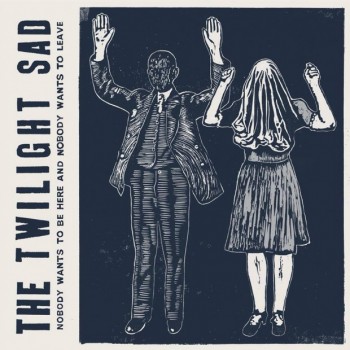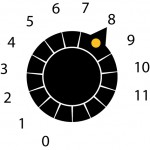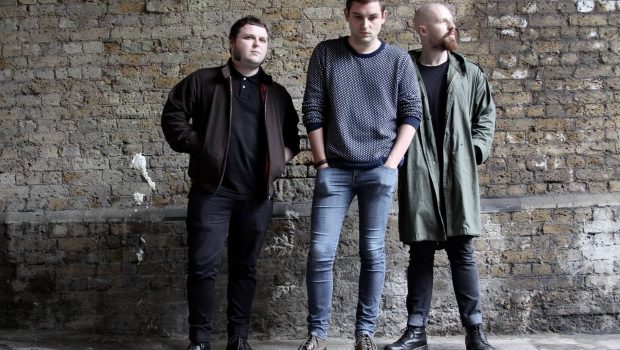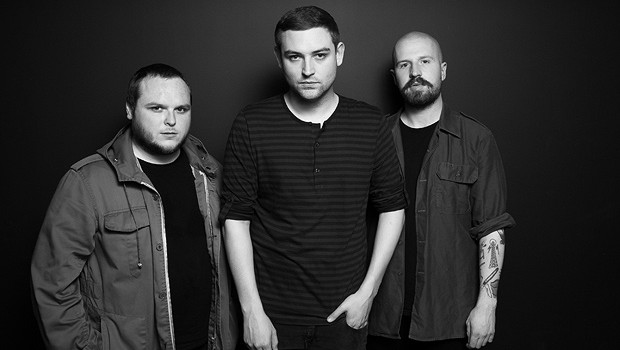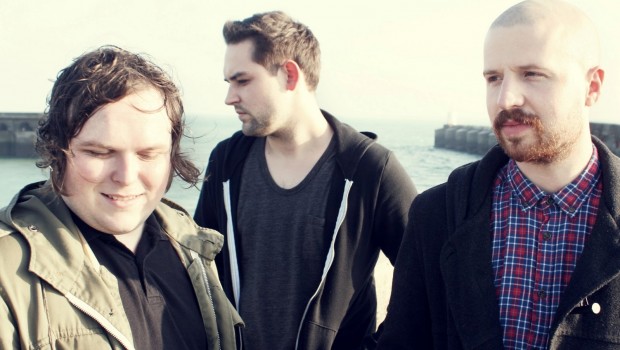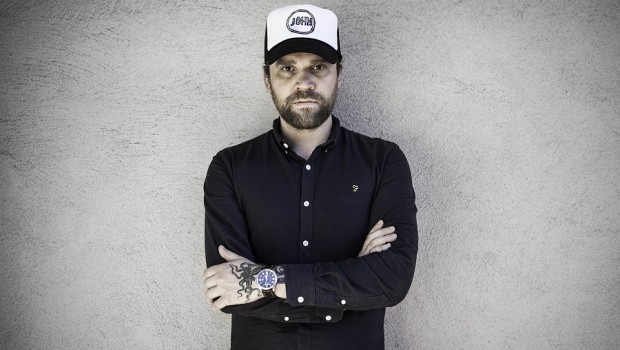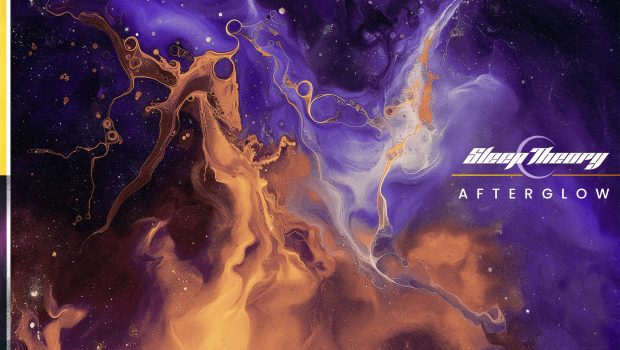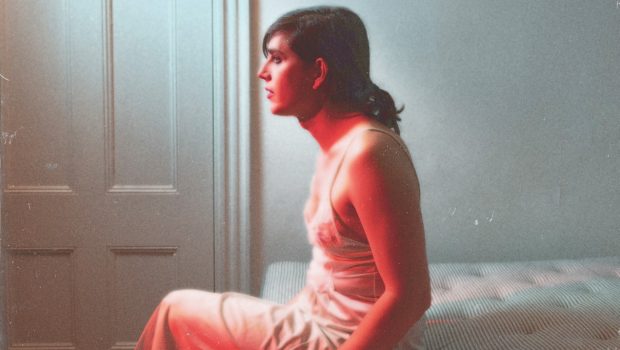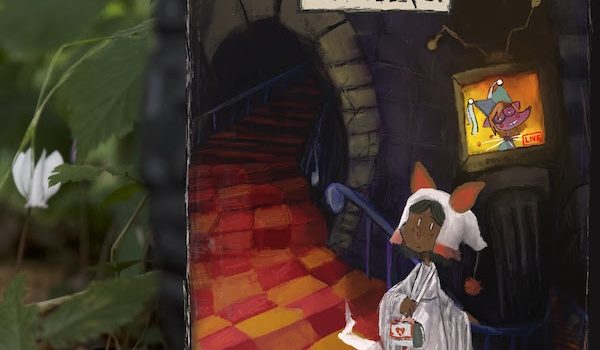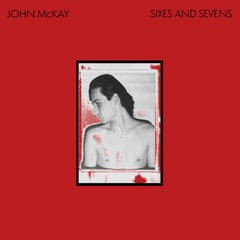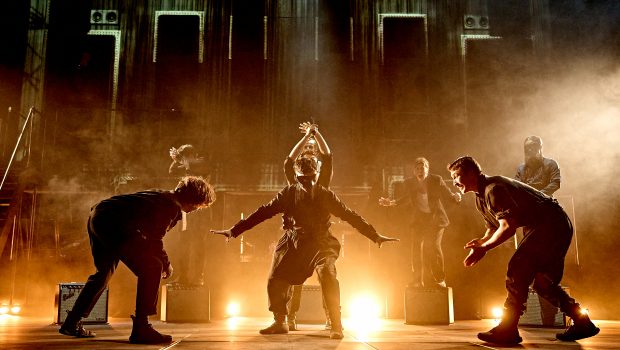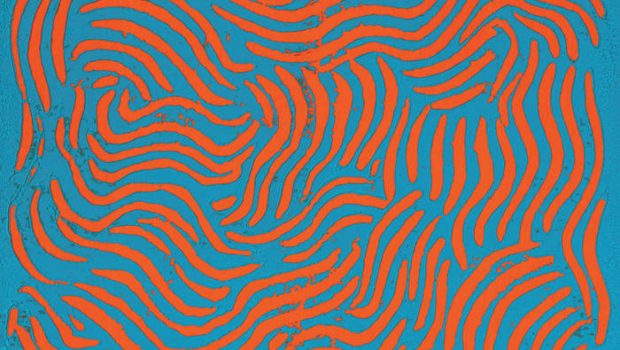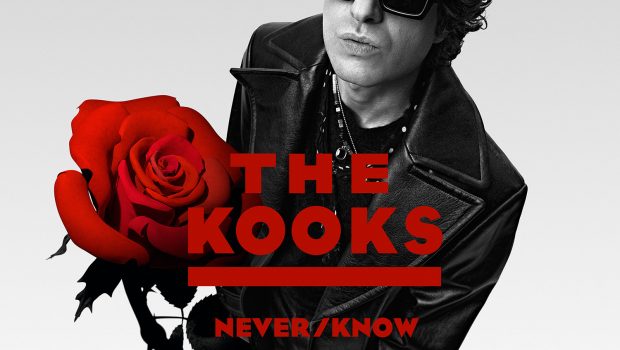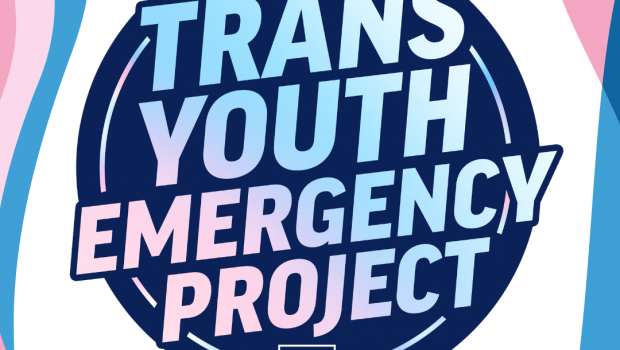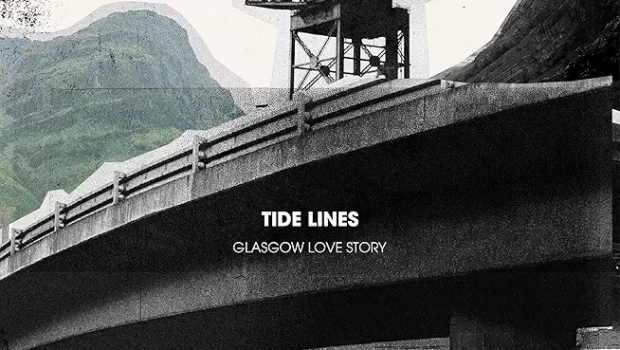Seven years and four studio albums have been punctured by shape-shifting releases in between. …Killed my Parents and Hit the Road was a stripped back b-side to the critically acclaimed Fourteen Autumns and Fifteen Winters, as was often the case with companion E.P. Here, It Never Snowed, Afterwards It Did. No One Can Ever Know spawned an album of remixes. The band are difficult to pin down, transmuting between releases, and the band themselves are in agreement; vocallist James Graham says they wanted to create an album which unified the spectrum of sounds they had worn to this point.
The result is a phantasm. The Twilight Sad operate on the fringes of your vision, projecting dark things with blurred edges, and their grisly, inky black power comes from the gaps in between what they say. It’s always been a complex, psychological violence; James leaves metaphors dangling just out of reach and invites you to draw conclusions, influenced by bawling guitar. Produced in Mogwai’s fittingly named ‘Castle of Doom’ studio, Nobody Wants To Be Here and Nobody Wants To Leave takes a slightly softer approach to this shadowplay. The first two albums are brutal walls of sound, the third more industrial electronica; whilst Nobody Wants to Be Here is more smirk than snarl, the same ambiguity and darkness is retained and you have to squint hard to determine if the shadows show a broken heart or a dying breath.
“There’s a Girl in the Corner” sets the tone, with the refrain ‘she’s not coming back / she’s not coming back from this’ leaving plenty to the imagination. Deep, demonic bass and bone crunching guitar mean you fear the worst, whilst the lead wobbles in spacey form, giving it an ethereal fever-dream quality; the kind in which you wake up sweating, hoping to forget. Peter Katis mixed the record – known for his work with Interpol and The National – so it’s unsurprising then that “Last January” is post-punk reminiscent of Interpol. Throbbing, urgent bass gives way to shimmering chords and lead guitar dipping in and out somewhere on the boundary of your hearing before joining the band in stock-still, misanthropic triumph. Paul Banks’ thin drawl is replaced by James’ equally distinctive Scottish Brogue; the ‘Rs’ tumble on “Drown So I Can Watch” in the unmistakable Twilight Sad fashion.
Highlight “It Was Never the Same” forgoes this format however; sustained synth and a sparseness gives it a pared back 80s feel, and it’s a knack for the cinematic and the grandiose present throughout. It’s reminiscent of the intersect between the sparse, industrial Cliff Martinez score and overtly retro Kavinsky and College tracks on 2011’s Drive; it could be paired with “Leave the House” and the title track in a tale of similar simmering violence and moral ambiguity. On the title track in particular, the drum machine bores deep into your ear canal and throughout they place spectral ambience at the fore; each drum beat, each pounded key or two-string riff is piled on top of the last, the sum being greater than the whole, with Mark Devine’s drums providing energy among the barren soundscape.
Final track “Sometimes I Wished I Could Fall Asleep” is contrastingly, eerily literal; ‘You don’t want me any more / you don’t need me any more’ rings out bell clear and with a moving purity. It’s a finale picked out in the haunting monochrome of the album cover; veiled bride and faceless man hands aloft, about to face the firing squad. It’s the same sad surrender, and a moving paean to something you can’t quite put your finger on. Like the band; brilliant and bleak, evocative, but they leave you to guess its true face.
Release Date 27/10/2014 (FatCat)
The Twilight Sad Official | Facebook | Twitter | Soundcloud
